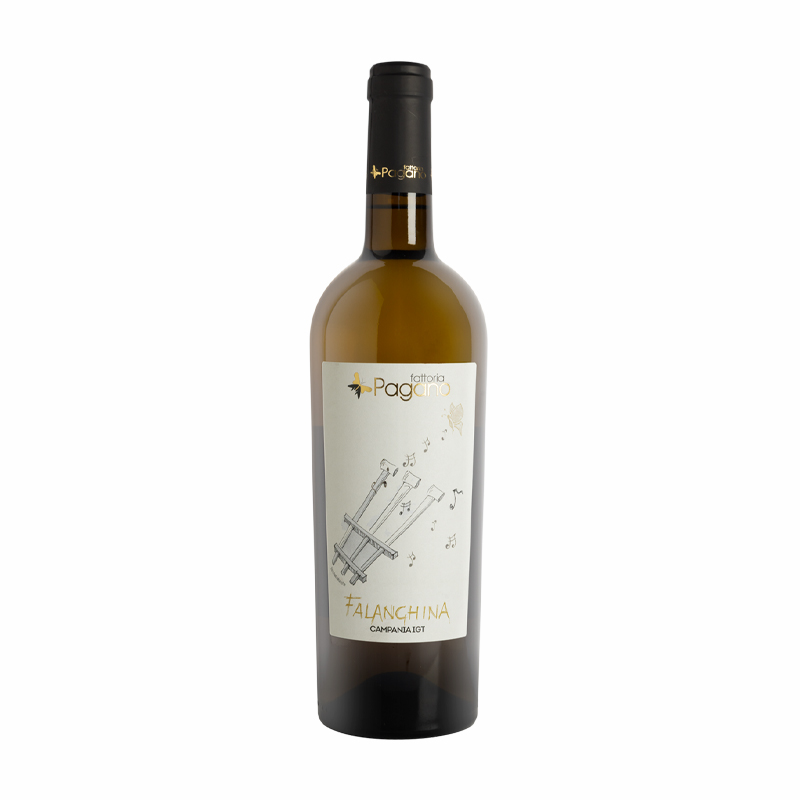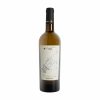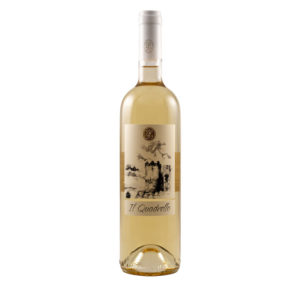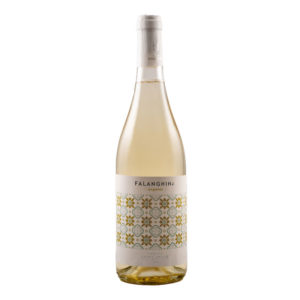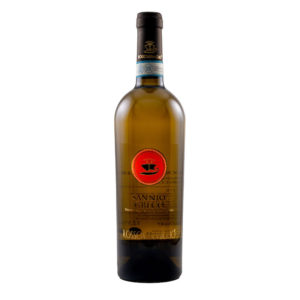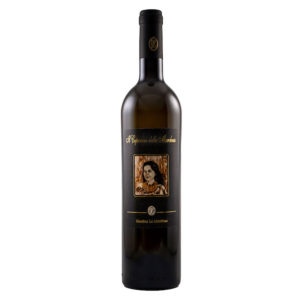| Country | |
|---|---|
| Region | Campania |
| Grape Variety | Falanghina |
| Producer | Fattoria Pagano |
| Certification | Organic |
Falanghina Organic IGT 2021 – Fattoria Pagano
£16.90
Obtained from grapes grown on the slopes of the Roccamonfina Volcano, this wine has a straw-yellow color and is pleasantly fresh and fruity. It presents notes of apple and pineapple, with hints of white flowers. Enjoyable essences of saltiness, menthol, and balsam are also noticeable. On the palate, it is citrusy, velvety, and persistent.
Availability: In stock
Create your mixed case and save over 15% when you buy 6 to 12 bottles.
Mix and Match applied.
Colour
FLAVOURS
Palate
Sweetness
Acidity
Body
Abv
Serve At
Food Pairing
It all began in 2001 with a visionary idea by Antonio Pagano, who, together with his son Angelo, shares a dream: to introduce the world to Falerno del Massico. Falerno del Massico is descended from the renowned Roman wine Falernum, considered one of the absolute best red wines during ancient Roman times. Fattoria Pagano is committed to carrying on this millenary tradition, producing an excellent wine that represents the historical heritage and quality of the territory.
Their philosophy revolves around bringing wine as close as possible to nature by adopting a viticulture that deeply respects the soil, microclimate, and plant biodiversity of the territory. The goal is to obtain intact and ripe fruits in order to create the conditions where the fragrance, taste, and aroma of the wine can be the purest expression of the vineyard. This is why a great wine can only arise from the care and love transmitted to their vineyard. Harvesting, in fact, is seen as a grand celebration, a moment of joy and naturalness, following the ancient traditions of the region.
Falanghina
One of Campania’s oldest grape variety and the one behind “Falernian Wine”, the most famous wine during Roman times. Also produced as a Sweet Passito wine and a Sparkling, Falanghina is one of the most interesting Italian grape varieties that produces dry wines with tropical fruit and floral flavors, as well as structure and freshness.
There are two distinct biotypes: Falanghina Beneventana, used in Falanghina del Sannio DOC (Denominazione di Origine Controllata), which also has four subzones; and Falanghina Napoletana, the grape in the Campi Flegrei DOC. Each varietal wine has different characteristics, as do their respective growing zones. Vineyards in the Sannio denomination have higher altitudes, and calcareous and clay soils. The vineyards in Campi Flegrei, near Naples, are closer to sea level and have sandy, volcanic soils. Falanghina del Sannio has more structure and high acidity, while Campi Flegrei are lighter-bodied and crisp, with saline mineral notes and more floral fragrances.
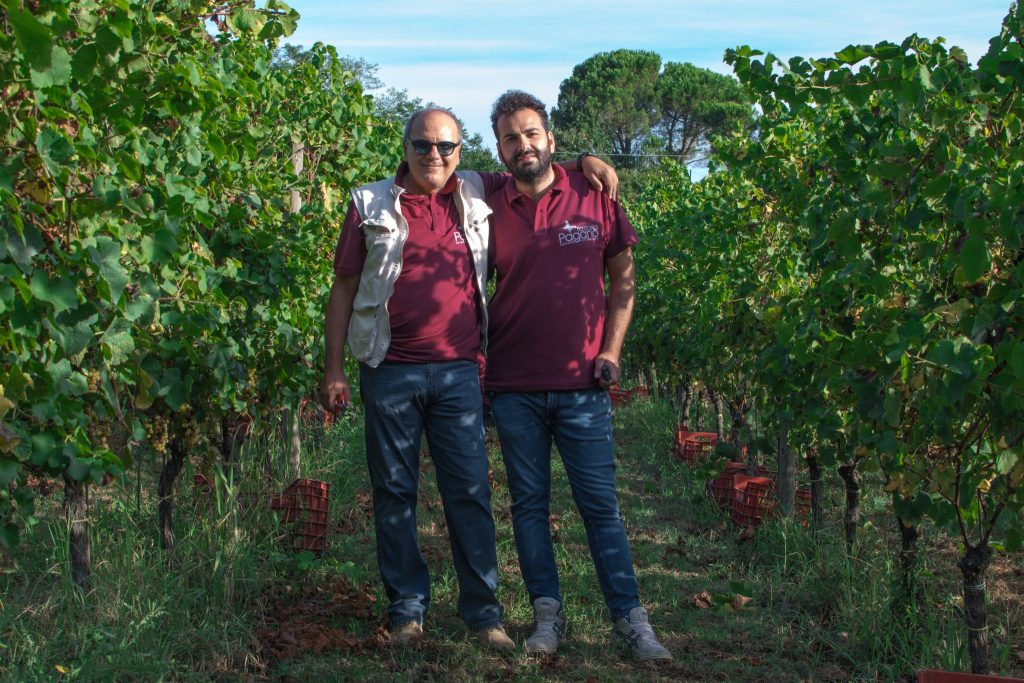
You might also enjoy
-
Bombino Bianco Il Quadrello 2020 – Cantina La Marchesa
£16.40Original price was: £16.40.£13.90Current price is: £13.90. Add to basket -
Passerina DOC 2022 – Le Vigne di Clementina Fabi
£15.70Original price was: £15.70.£13.90Current price is: £13.90. Add to basket -
Falanghina Puglia IGT 2021 – Massimo Leone
£22.90Original price was: £22.90.£18.90Current price is: £18.90. Add to basket


